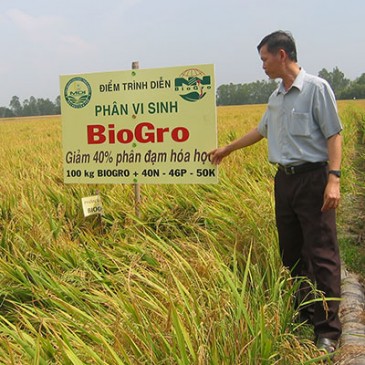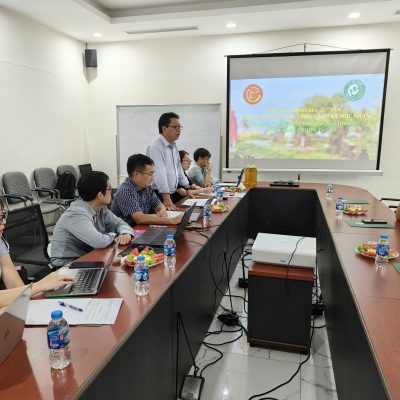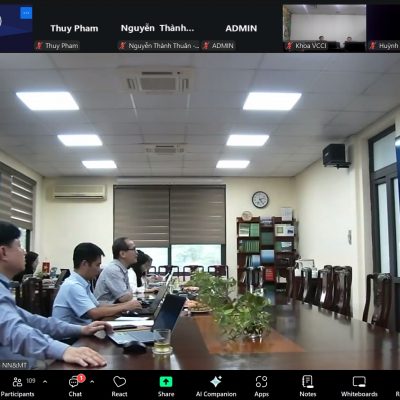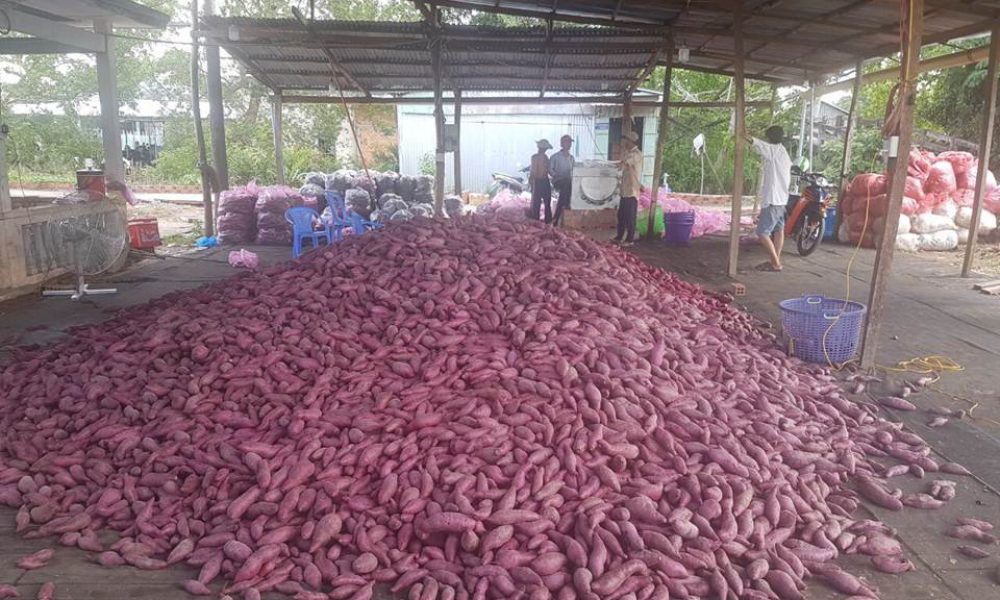
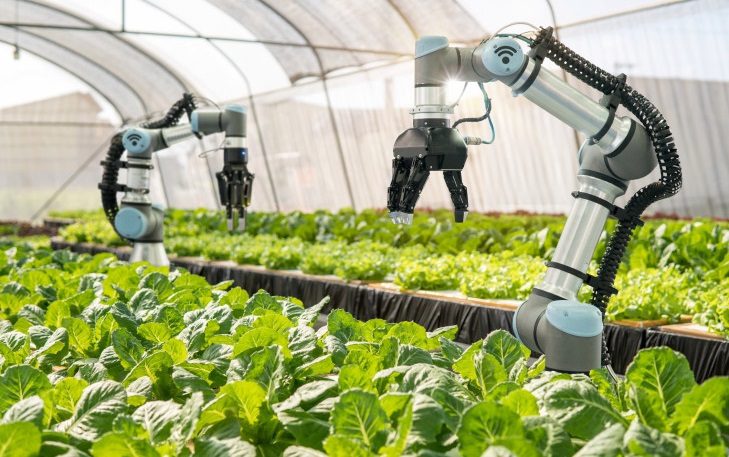
How 5G technology will revolutionize the agricultural industry?
Super high-speed 5G mobile network promises to revolutionize agriculture, which has long been slow to accept new innovations.
Tech experts say, wireless sensors connected over a 5G network can monitor field conditions and detect when crops need watering, pesticides or fertilizers hoặc. It can also help track livestock and control agricultural drones and self-driving tractors.
“5G has the potential to have a transformative impact on the global economy through a number of different verticals, and agriculture is certainly one of the most prominent to consider.”, Leo Gergs, analyst of ABI Research said.
Theoretically, The end result for agriculture will be improved crop yields and higher quality products. But actually turning a promise into a reality is unlikely to happen quickly or easily.
While major mobile carriers like Verizon , AT&T and T-Mobile of the US are racing to deploy 5G, but so far they have only focused on urban areas because there are many potential customers.. It will be many years before their 5G network is widely available in rural areas, which means most farmers will have to wait.
Comments on the impact of 5G on the agricultural industry, Bill Morelli, an analyst at IHS Markit says: “5G will probably not have a discernible impact on farming in the future.” 3 come 5 Another year".
The current, many farmers have installed sensors in their fields that are connected by 4G networks with speeds up to 100 Mbps. However, compared to 5G speeds expected to reach 10 Gbps is to be expected. The difference in speed allows for faster connections between devices, while 5G networks also allow more devices to connect to a single mobile base station..
While, Simon Forrest, Analyst at Futuresource said cho: “Sensors have been used in agricultural farming to measure and report environmental conditions such as rainfall, the amount of water, water content, soil nutrients and ground temperature”.
Upgrading to 5G can increase the impact of the technology by improving connection speeds and allowing devices to communicate more efficiently. For example, it will allow farmers to install more sensors to track more data points and help them run their operations more efficiently.
According to statistics from ABI Research, the US currently has 2,1 million agricultural workers with each average farm employing about 45 labor. These numbers will decrease over time as farmers apply more technologies to production.
Leo Gergs commented: “5G will change the nature of work in farming and agriculture. To the year 2035, the number of agricultural jobs is expected to fall to 1,78 million VND at the same time the farm will use on average only 27 labor".
However, in Bill Morelli's view, it is not certain that more technology nhiều, including 5G will really affect the overall amount of work on the farm. He admits that different roles will require higher demands such as data analytics and farm management capabilities., but that doesn't necessarily reduce the number of workers.
Bill Morelli commented: "General, Smart agriculture allows farmers to access more information and get higher efficiency, rather than eliminating jobs. It is likely that there will be a transformation as with any other technological transformation.”.
The United Nations Food and Agriculture Organization estimates that the planet will need more 70% food in the year 2050 compare with year 2009 due to increase in global population. Advances in agriculture will be a major contributor.
“Technology must be applied to the agricultural sector”. Connectivity is essential and therefore the application of 5G in agriculture is inevitable.”, Simon Forrest says.
(Source: Vietnamnet Newspaper. According to Fortune)

